Overview
Geocomputing offers a unique way to combine geographical and environmental skills with training in computer science.
The program gives students expertise to study and understand spatial dimensions of social and environmental problems such as minimizing environmental impacts and identifying critical habitat.
At a Glance
Curriculum
At Mount Allison, Geocomputing combines theory and practice of computing and geography, offering students a new way to look at the world.
Students in Geocomputing take courses in computer science, environmental science, and environmental studies, with spatial computing (geographic information systems) at the heart.
In Computer Science, you'll look at subjects like:
- programming techniques
- algorithms
- discrete structures
- data structures
- database systems
- object-oriented design and methodology
- computers and society
In Environment and Geography, you'll look at subjects like:
- geographic information systems (GIS)
- the physical environment
- the human environment
- data analysis
- resources management and environmental policies
In their final year, students complete an applied capstone project that integrates both fields.
Geocomputing is available as:
- BA joint major (87 credits)
Not sure about the difference between a major, a minor, an honours, and a certificate?

Related programs:
GENS 2441 — Geographic Information Systems
This course surveys several aspects of traditional cartography, examines one or more Geographic Information Systems, and explores the role of maps in conveying geographic information. (Format: Lecture/Laboratory 3 Hours)
GENS 1401 — The Physical Environment
This course introduces the general principles of Physical Geography and the Environment, emphasizing the physical world at a variety of spatial and temporal scales. This course introduces the four fundamental spheres of Physical Geography: the hydrosphere, lithosphere, atmosphere and biosphere. It examines basic processes in the physical environment such as the seasons, layers of the atmosphere, the earth's energy budget and interactions with atmospheric processes. It also investigates weather and its interplay within the hydrological cycle, the fundamentals of climatology, the three basic rock types, tectonic activity and weathering of the earth's surface.
GENV 1201 — The Human Environment
This course introduces the study of the human population and the spatial dimensions of environmental change. It examines how people interact with the environment and the core forces which shape these interactions, including population, culture, technology, and geography.
GENS 2431 — Data Analysis
This course develops basic skills in data collection, analysis, and presentation. It introduces basic statistical and hypothesis testing procedures, along with relevant software. (Format: Lecture/Laboratory 3 Hours)
COMP 1731 — Programming Techniques and Algorithms
This course introduces program design techniques and algorithmic thinking using a high-level computer programming language. Topics include: fundamental control structures, elementary data structures, code reuse, basic algorithms, and debugging and testing. (Format: Lecture 3 Hours, Laboratory 3 Hours)
COMP 3721 — Object-Oriented Design and Methodology
This course continues the introduction to object-oriented programming in earlier courses, emphasizing further development of algorithms, data structures, software engineering, and the social context of computing. (Format: Lecture 3 Hours, Laboratory 3 Hours)
COMP 3811 — Database Systems
This course introduces the major types of database systems and provides experience with at least one database model. It emphasizes the theoretical and practical aspects of the relational model, including database query systems and database design.
Find a full list of courses in our
Careers
Whether you're entering the job market or continuing your education, your Mount Allison degree will stand out.
Mount Allison has been recognized by Maclean's as the top primarily undergraduate university in Canada more times than any other university.
With and career development opportunities available in every degree, you'll also graduate with hands-on learning and real-world experience.
Our graduates also boast extraordinarily high acceptance rates to top graduate programs and professional schools such as law and medicine.
Popular career paths for Geocomputing graduates include:
- computer programmer
- geospatial database administrator
- spatial web/application developer
- GIS/GPS analyst
- image analysis using remote sensing products
- computer mapping and software developer
- cartographer
/current-students/department-mathematics-and-computer-science
Admission Requirements
Academic Awards
Mount A is #2 in student awards
²Ñ²¹³¦±ô±ð²¹²Ô’s ranks Mount Allison second in student and faculty awards in its latest University Rankings. To date, 56 Mount Allison students have become Rhodes Scholars — one of the best per capita records in Canada.

